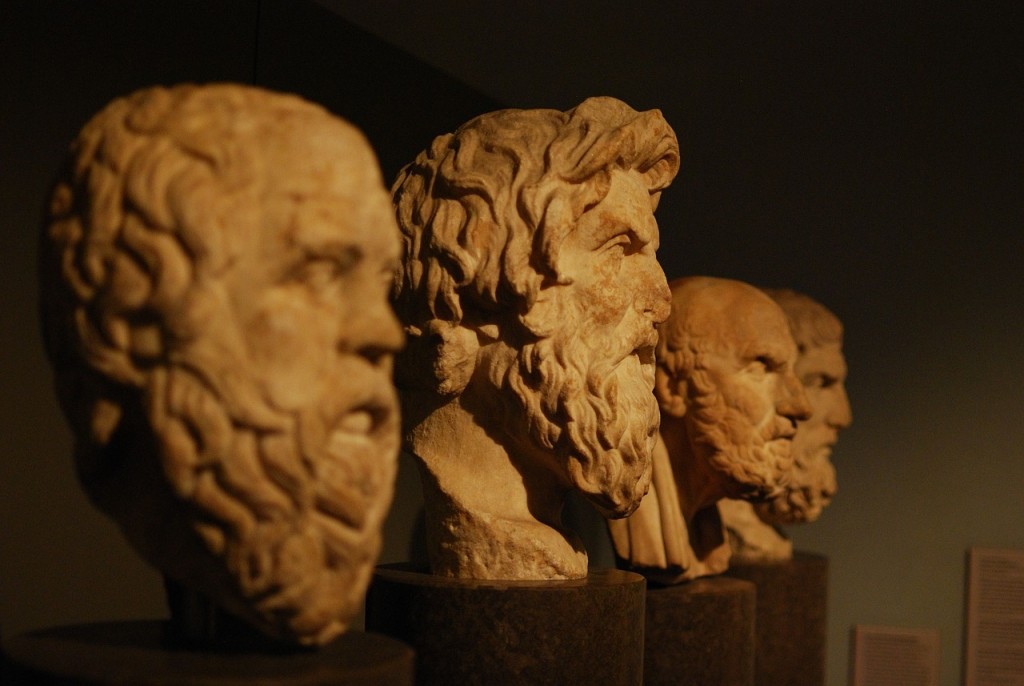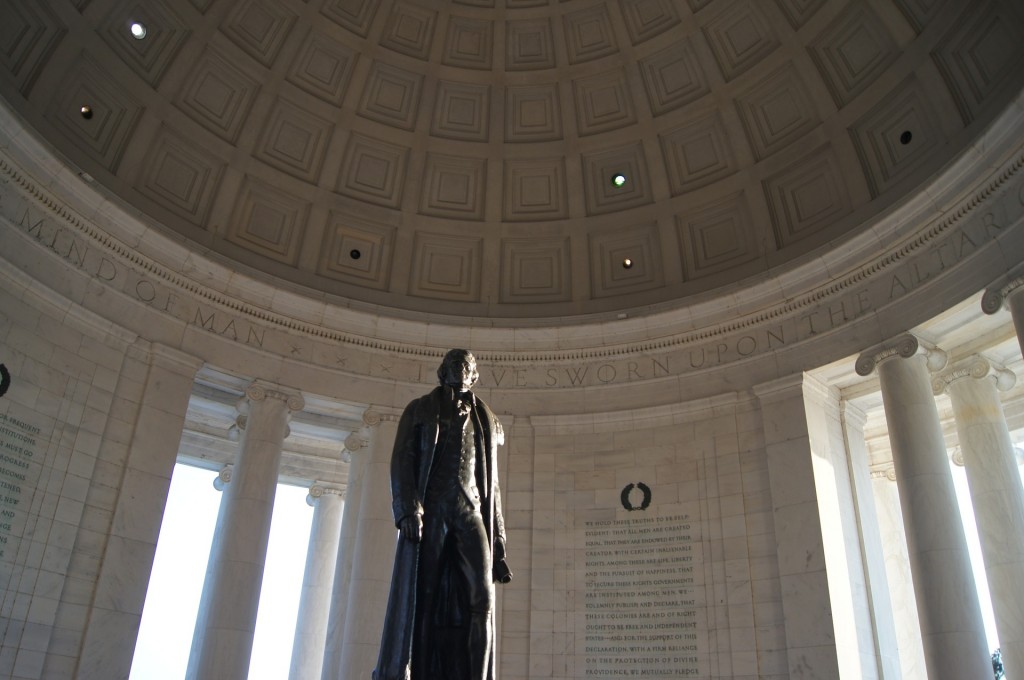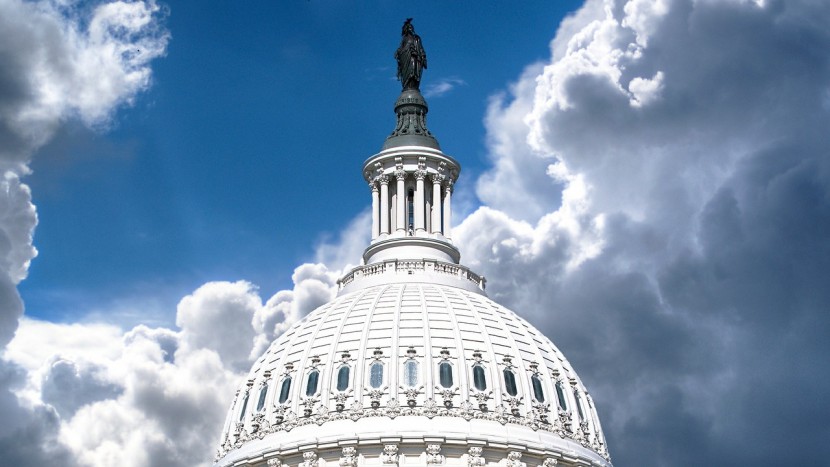When people hear the term democracy today, the Democratic party usually springs to mind. Throughout history, however, there have been many great democratic leaders have nothing to do with the modern-day political party. Consider these great democratic thinkers that will make you love democracy more than ever:
Cleisthenes
Despite being born into an aristocratic family in about 570 BC, Cleisthenes did a lot to get common people involved in democratic rule, helping to set Greece up as the first democratic nation. He may have been the first person to recommend ostracism, where citizens could vote for their leader to be exiled from his country.
Ephialtes
Born in Greece around the beginning of the fifth century, Ephialtes was instrumental in developing radical democracy in the country. He argued successfully to have the requirements for being a citizen lowered. He also introduced the concepts of a state trial and was instrumental in allowing citizens to scrutinize the actions of officeholders.
Aristotle
Born in Greece about 384 B.C., Aristotle is one of the greatest democratic leaders to ever be born. By the time that he died in 322 B.C., he had developed the ideas of Western Philosophy through his four causes (matter, form, agent, and purpose). He successfully argued that it was much more important to do good than to simply be good. It is the doing that has caused democracy to thrive.

Thomas Aquinas
Though greatly esteemed by today’s historians, Thomas Aquinas hated during his lifetime for the Christian ideas that he purported. He was one of the earliest philosophers to support the idea that every individual had the right to their own thoughts. He taught the four cardinal virtues of justice, courage, prudence and temperance that form most of democracy’s platform.
John Locke
While Thomas Jefferson was writing the Declaration of Independence, he relied heavily on the ideas of John Locke, who was born in England in 1632. He is the first to develop the idea of continuity of consciousness, and his Social Contract work is widely considered the most important work of the Enlightenment thinkers.

Edmund Burke
Edmund Burke was born in Ireland in 1729, but later moved to England where he did most of his lasting work. He proposed the idea of a slow government where humans are always the most important factor. His leadership was largely responsible for the American Revolution. Although disliked by some of his contemporaries, President Roosevelt and President Wilson credit him with helping them create some of their ideas that led America through the Great Depression and the World Wars.
Without these early leaders laying the foundations of democracy, many countries today would look much different. In a democracy, citizens have rights that cannot be taken away. Citizens have the right to express these views openly. Political power flows from the people to the executive and is independent of any individual.


